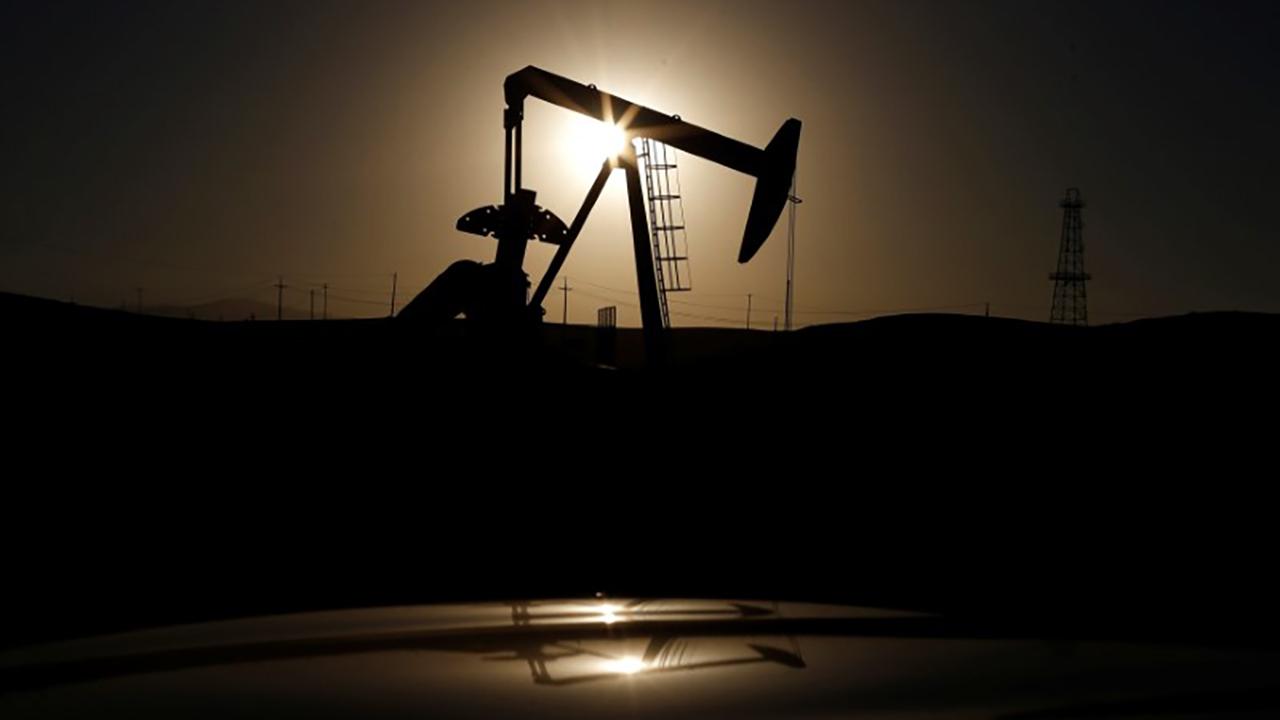Oil rises ahead of US Iran sanctions, 2019 outlook less certain
Oil prices rose on Friday as traders anticipated a tighter market due to U.S. sanctions against Iran's crude exports, which are set to start next month.
International benchmark Brent crude oil futures were at $85.05 per barrel at 0653 GMT, up 47 cents, or 0.6 percent from their last close.
U.S. West Texas Intermediate (WTI) crude futures were up 55 cents, or 0.7 percent, at $74.88 a barrel.
The gains helped claw back some of the losses from the previous session due to rising U.S. inventories and after Saudi Arabia and Russia said they would raise output to at least partly make up for expected disruptions from Iran.
"Brent front-month prices are up 6 percent over the last week as it becomes increasingly apparent that Iranian exports could fall below 1 million barrels per day in November," said U.S. bank Jefferies on Friday.
U.S. sanctions will start targeting Iran's crude exports from November 4, and Washington is putting pressure on governments and companies globally to fall in line.
"It now appears that only China and Turkey may be willing to risk U.S. retaliation by transacting with Iran," Jefferies said.
The investment bank said there was currently enough oil to meet demand, but warned that "global spare capacity is dwindling to the lowest level that we can document ... meaning any further supply disruptions would be difficult for the market to manage - and could lead to spiking crude oil prices."
An expectation of tighter markets is fueling bullish financial oil market sentiment.
Financial traders have accumulated bullish long positions betting on a further rise in prices amounting to almost 1.2 billion barrels of oil.
Meanwhile, the number of short positions in the six most important petroleum futures and options contracts has fallen to the lowest level since before 2013, creating a near-record imbalance between bullish and bearish positions in financial crude markets.
"Bullish bets have increased substantially as markets are moving ahead of an impending shortfall from U.S.-Iran sanctions," said Benjamin Lu of Singapore-based futures brokerage Phillip Futures on Friday.
There are, however, voices of caution.
"While upside price risks will prevail for now, fundamental data outside of Iran has not turned bullish in our view," Goldman Sachs said in a note to clients dated Oct. 4.
"We expect fundamentals to gradually become binding by early 2019 as new spare capacity comes online ... pointing to the global market eventually returning into a modest surplus in early 2019," the bank said.
And while Goldman said there was still a "robust demand outlook," there are increasing signs that high oil prices and declining emerging market currencies like India's rupee or Indonesia's rupiah are hitting fuel consumption.
Fearing a negative voter reaction ahead of elections it must hold by May next year, the Indian government this week announced domestic fuel price cuts in a big hit to the country's oil refiners.
(Reporting by Henning Gloystein Editing by Richard Pullin)




















